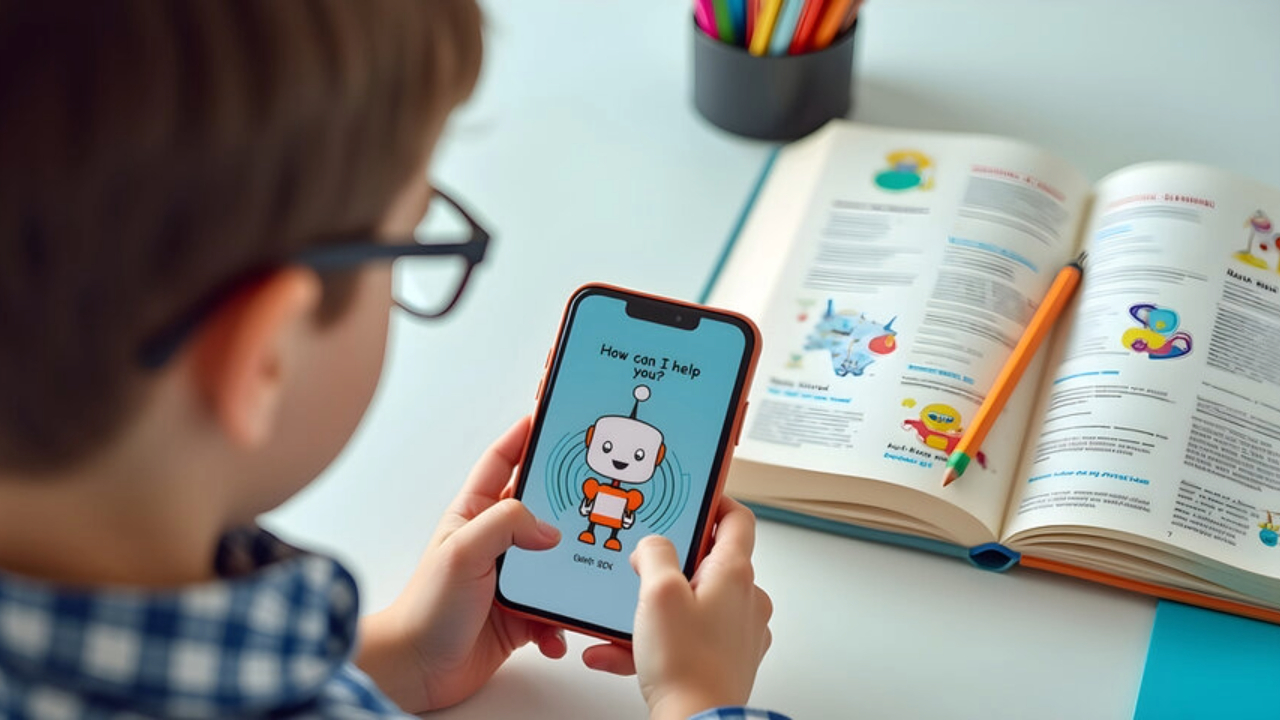Quantum Computing and Its Impact On K12
Quantum computing is a type of computing that uses quantum-mechanical phenomena, such as superposition and entanglement, to perform operations on data. These phenomena allow quantum computers to perform certain calculations much faster than traditional computers, making them particularly well-suited for certain types of tasks.
One of the key differences between quantum computers and traditional computers is the way they store and process information. Traditional computers use bits to store and process information, which can be either a 1 or a 0. Quantum computers, on the other hand, use quantum bits, or qubits. Qubits can represent both a 1 and a 0 simultaneously, thanks to the principles of superposition and entanglement. This allows quantum computers to perform multiple calculations at the same time, which can significantly speed up certain types of computations.
Quantum computers also use quantum algorithms, which are specialized algorithms designed to take advantage of the unique properties of quantum computers. These algorithms can be used to solve problems that are difficult or impossible for traditional computers to solve, such as factoring large numbers or searching large databases.
Still in the early stages of development, there are many technical challenges that need to be overcome before Quantum Computers can be widely used. However, they have the potential to revolutionize many areas of science and technology, and they are already being used in a variety of fields, including pharmaceutical research, financial modeling, and machine learning and Education.
One of the most exciting potential applications of quantum computing is in the field of personalization. With quantum computers, it may be possible to create highly customized learning experiences for individual students. This could involve adapting the curriculum and teaching methods to better suit each student's unique learning style and needs. This could help to make education more effective and engaging for students, as they would be able to learn at their own pace and in a way that is most suited to their strengths and interests.
Another potential impact of quantum computing on K-12 education is in the area of data analysis. Quantum computers are able to process and analyze vast amounts of data much faster than traditional computers, which could be used to analyze student performance data and identify areas for improvement. This could help teachers and administrators to tailor their teaching methods to better meet the needs of their students, and to identify any learning gaps that may need to be addressed.
Stay up to date
Subscribe to the free GESS Education newsletter and stay updated with the latest insights, trends, and event news every week. Your email address will remain confidential

